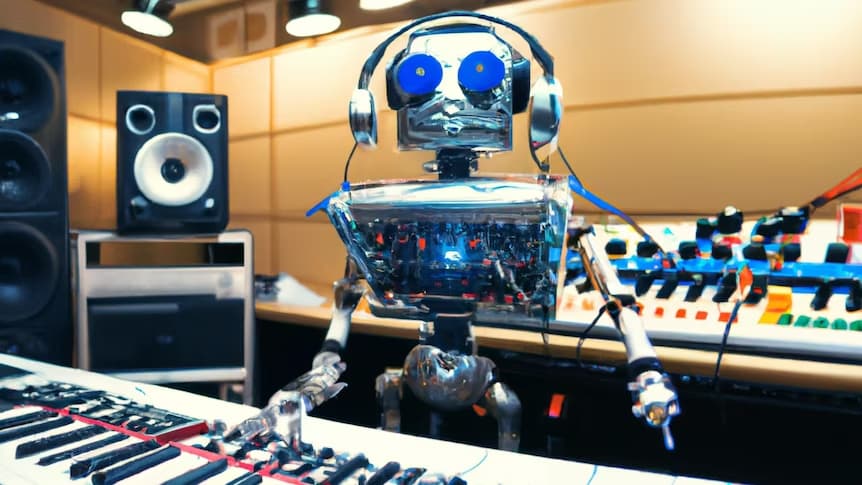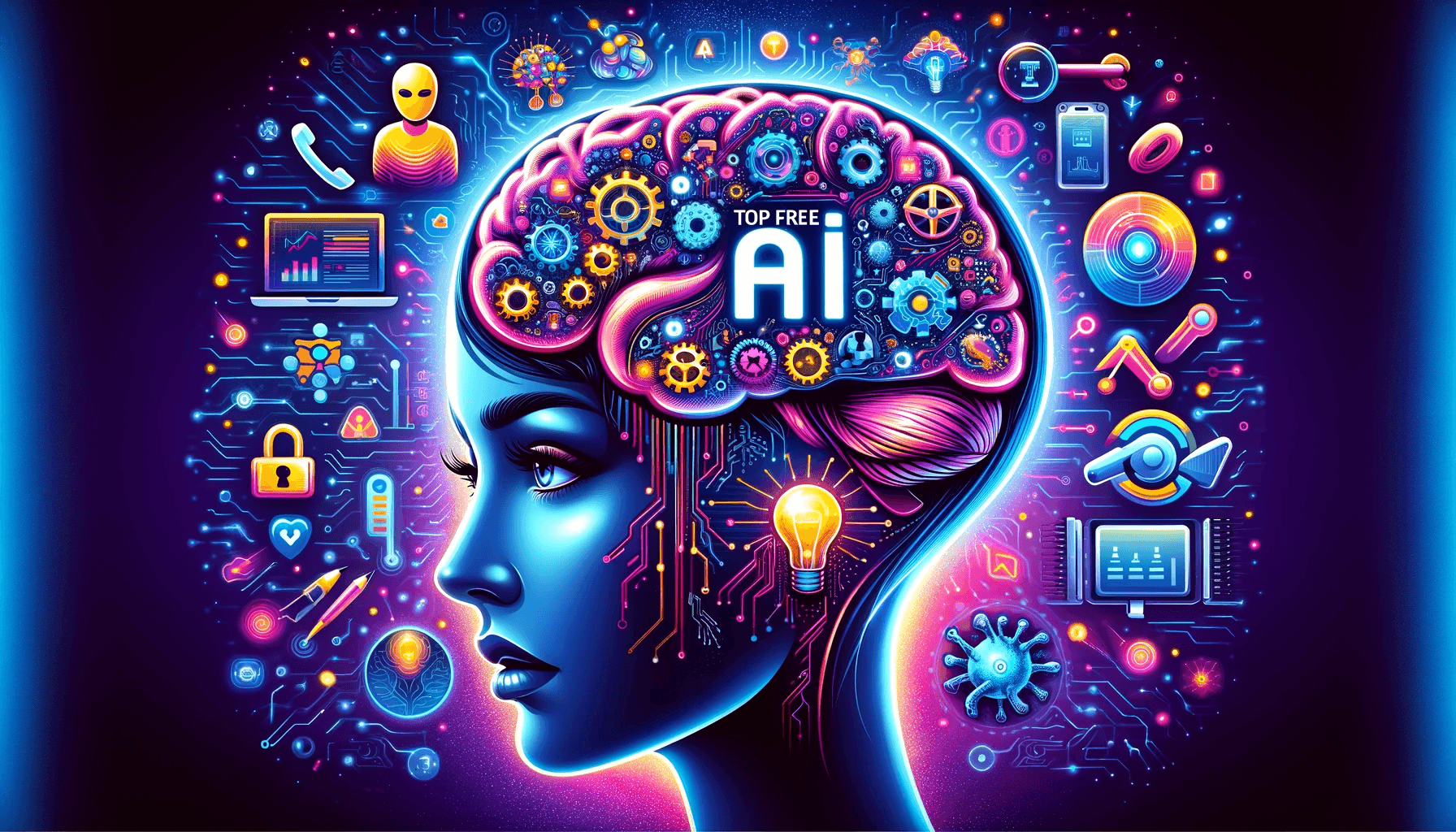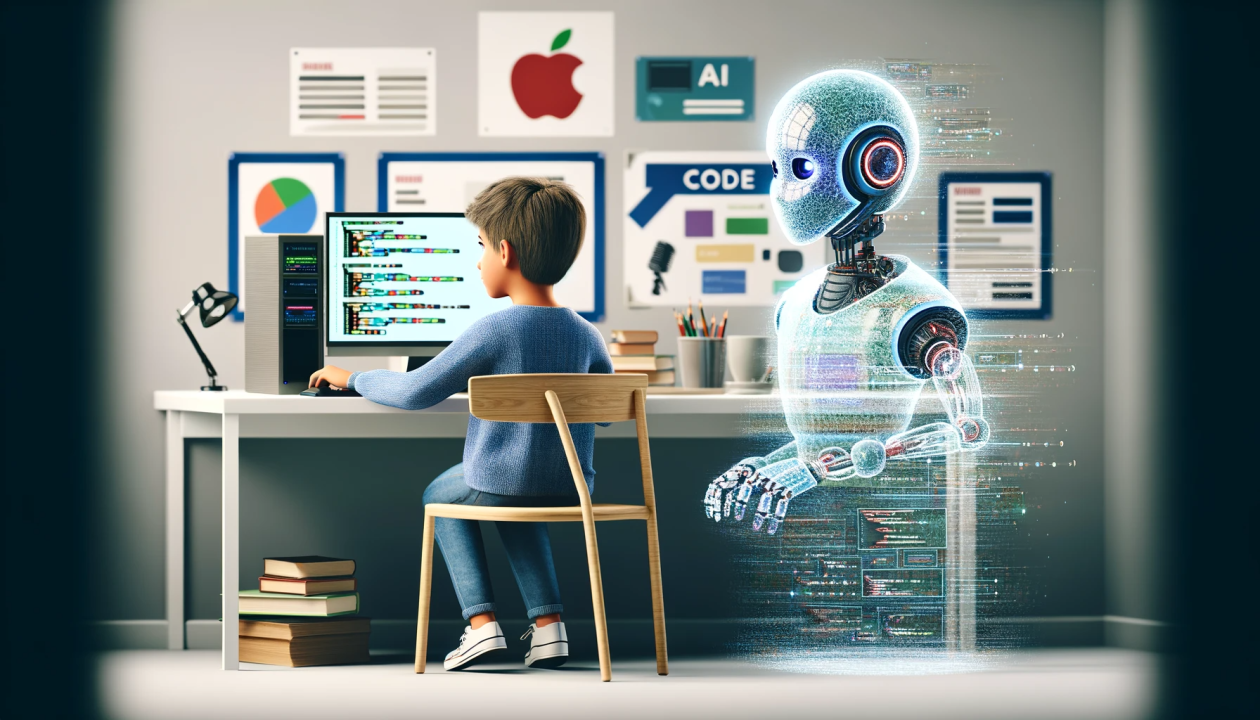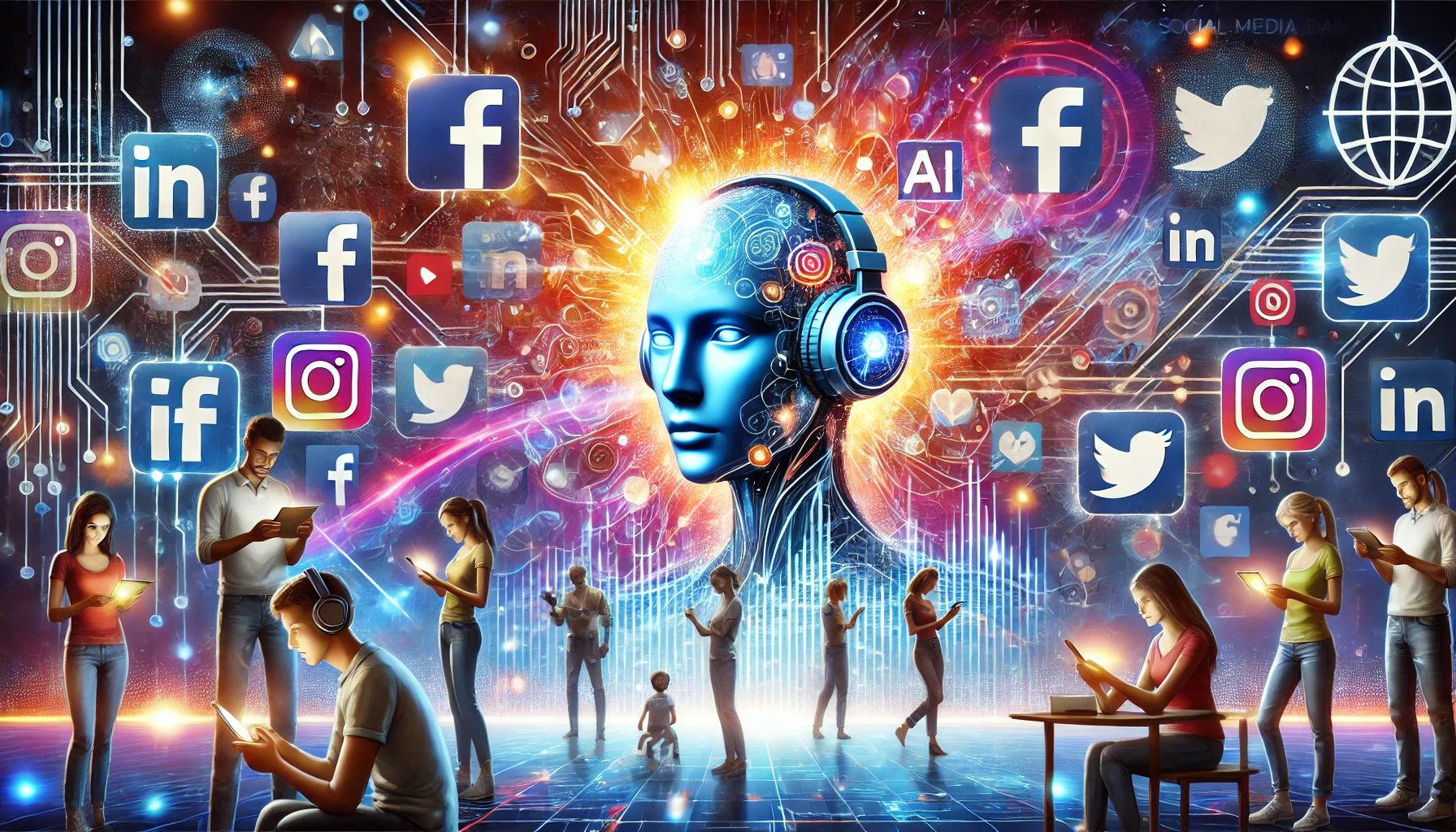Artificial Intelligence (AI) is reshaping the music industry, introducing revolutionary tools for composition, performance, distribution, and analysis. As musicians, producers, and listeners engage with AI technologies, the music landscape is evolving in both creative and commercial directions.
How Is AI Used in Music?
AI in music involves the use of machine learning, neural networks, and algorithmic processes to generate, modify, or enhance musical content. These technologies assist in composing melodies, mixing tracks, personalizing listening experiences, and even predicting music trends.
Key Opportunities of AI in Music
Music Composition and Generation
AI tools can compose original melodies, harmonies, and even full tracks. Platforms like AIVA, Amper Music, and Google’s Magenta allow users to generate music in various genres using minimal input, making music creation accessible to both professionals and beginners.
Personalized Music Recommendations
Streaming platforms like Spotify and Apple Music use AI algorithms to analyze user preferences and deliver personalized playlists. These systems consider listening history, behavior patterns, and contextual data to improve user engagement and satisfaction.
Audio Enhancement and Mixing
AI can clean up audio, remove noise, balance instruments, and master tracks automatically. This is especially helpful for independent artists who lack access to professional production studios. Tools like LANDR and iZotope assist with AI-driven mastering and mixing.
Virtual Artists and AI Performers
AI is now being used to create virtual musicians and singers that perform using synthesized voices and digital avatars. These performers can sing, rap, and even engage with fans, creating entirely new forms of digital entertainment and fan interaction.
Lyric and Melody Assistance
AI can support songwriters by suggesting lyrics, rhyme patterns, or chord progressions. These tools act as co-writers, helping overcome creative blocks and expanding musical ideas. Apps like Jarvis or Humtap offer AI-powered songwriting assistance.
Music Education and Training
AI-powered applications can assess musical performance, offer feedback, and customize learning paths for students. Intelligent tutoring systems help learners practice instruments, improve timing, and understand music theory in an interactive and engaging way.
Data-Driven Music Analytics
Record labels and artists use AI to analyze streaming data, fan behavior, and market trends. This helps in making informed decisions on song releases, marketing strategies, and tour planning.
Considerations for Using AI in Music
Despite the vast potential, it’s important to consider the implications of AI in music:
- Creativity vs Automation: AI should augment rather than replace human creativity.
- Ethical Concerns: The use of AI-generated voices or styles may raise questions of authenticity and ownership.
- Job Impact: As AI takes over certain tasks, there is concern about the future role of traditional music professionals.
Conclusion
AI is unlocking powerful new opportunities in the music industry—from composition to consumption. It empowers musicians, enhances listener experiences, and enables deeper insights into audience preferences. Embracing AI as a creative and strategic partner, while staying mindful of its limitations and ethical boundaries, will shape the future sound of music.







Leave feedback about this